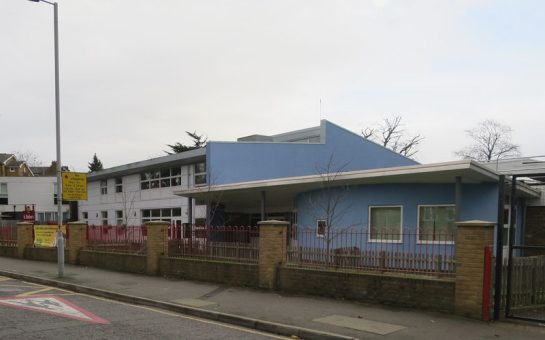A Surbiton-based alternative medicine practitioner has been labelled ‘irresponsible’ by an anti-pseudoscience charity for offering treatments ‘without good evidence’ for conditions including cancer.
Caroline Cai, Contemporary Chinese Therapy owner, offers alternative medicine therapies such as acupuncture, deep-tissue massages, moxibustion, cupping and herbs to help with an array of conditions ranging from major illnesses to minor ailments.
The traditional Chinese medicine business also has a branch in Tooting, and Ms Cai offers a Tuesday morning service on the world-famous Harley Street for couples experiencing infertility.
The Good Thinking Society, a charity campaigning against pseudoscience, has lodged complaints with Trading Standards and the Advertising Standards Agency over health claims made by the business.
“There is no good evidence that the treatments Ms Cai offers can have any of the exceptional health benefits she claims”, said the group’s project director Michael Marshall.
“Treatments such as acupuncture, cupping and reflexology have been studied extensively, and none have been shown to be effective for any of the conditions she claims to treat. Without evidence that these treatments work, to offer them to the public is irresponsible.”
In a letter of complaint to the Advertising Standards Agency, the ‘anti-quack’ organisation flagged up treatments offered for cancer, depression, ulcerative colitis, infertility and cerebral palsy.
“With the possible exception of acupuncture for short term relief of some types of pain, [we] do not believe there is any good evidence that any of the therapies listed is effective to treat, prevent or manage any of the conditions referenced”, states the complaint.
The letter also queried Ms Cai’s medical qualifications, and stated her advertised services could discourage patients from seeking effective treatment.
“Sufferers of many of the conditions Ms Cai offers to treat are likely to be in a vulnerable position,” Marshall added, saying the group was ‘especially concerned’ about the clinic’s claims regarding cancer, which he condemned as ‘potentially dangerous’.
The business offers a service of what it describes as ‘anti-cancer’ medicine qigong – a style of yoga – for ‘self-healing’, costing £120 for a 1:1 session.
The ‘Research and Evidence’ section of the businesses’ website quotes the American lifestyle blogger Blythe Metz, alleging that “two out of the three legal treatments for cancer are themselves carcinogenic and kill 2/3 of patients who try them.”
It adds: “Treatments that really work and heal people like herbs and natural foods are illegal for practitioners to practice.”
A linked video on the site to a vlog by Metz says the cure for cancer is being suppressed, and advocates alternative therapies such as the Gerson diet and the Rife Machine.
Gerson Therapy involves eating a strict fruit-based diet and having regular coffee enemas to cure cancer, while Rife treatments involve low-level energy impulses.
There is little evidence that these treatments are effective, and Gerson Therapy can be harmful, advises Cancer Research UK.
This content on the alternative medicine centres’ websites could be construed as an offer to treat cancer, the Good Thinking Society alleges.
This would fall afoul of the Cancer Act (1939), which makes it illegal in the UK to advertise any remedies or treatments for cancer.
The quote and linked video has since been removed from the site, after the business was contacted for comment.
However, Ms Cai defended her practises, saying: “We make no claims that we can cure or treat any of these conditions, we simply offer our services to help people who are suffering with them anyway we can.”
She added: “These unfounded allegations have been previously investigated with no finding against us.”
An email to Trading Standards to confirm this did not receive a response before publication.
Misleading health claims are investigated by the independent Advertising Standards Agency, while breaches of the Cancer Act are enforced by Trading Standards.
Prosecutions are rare under the act as non-compliant material is often removed before legal proceedings can begin.




